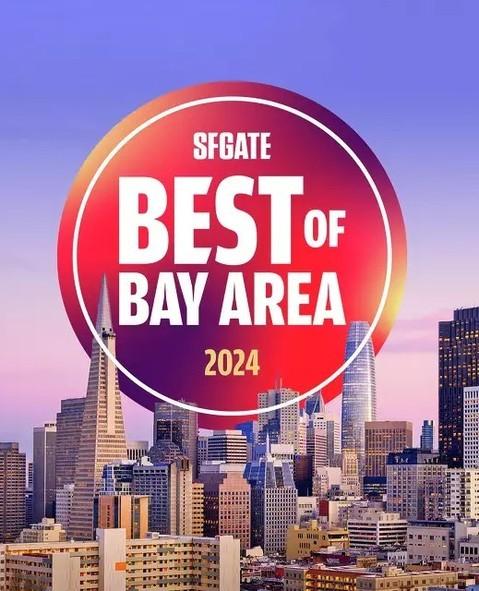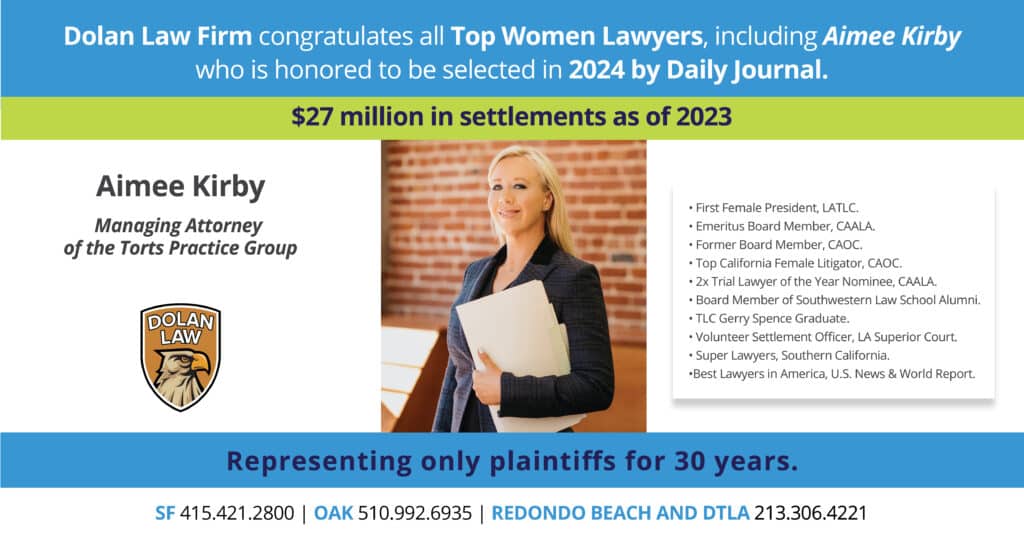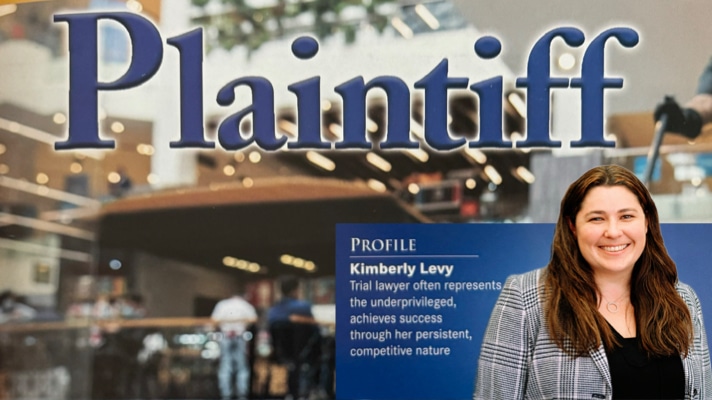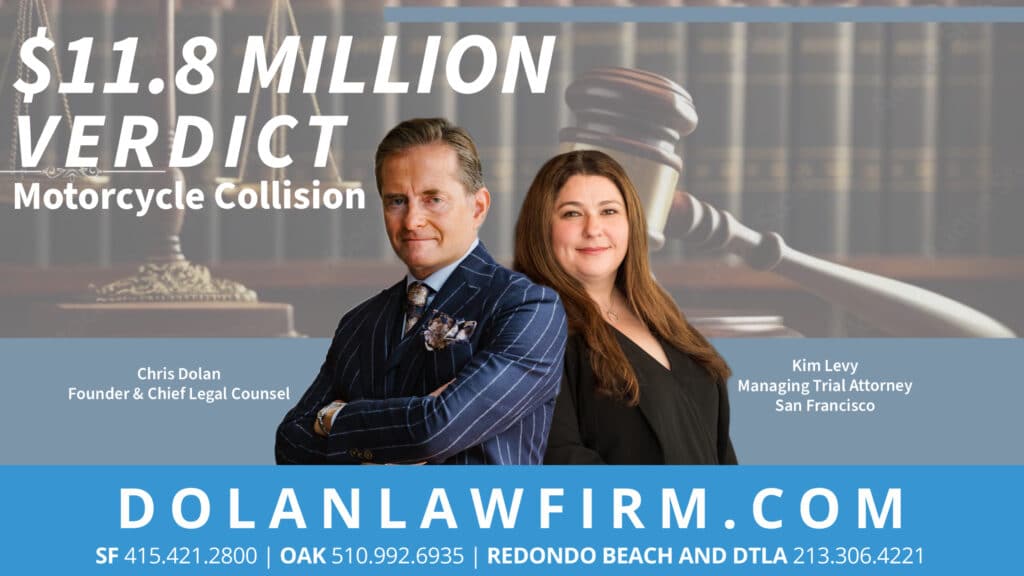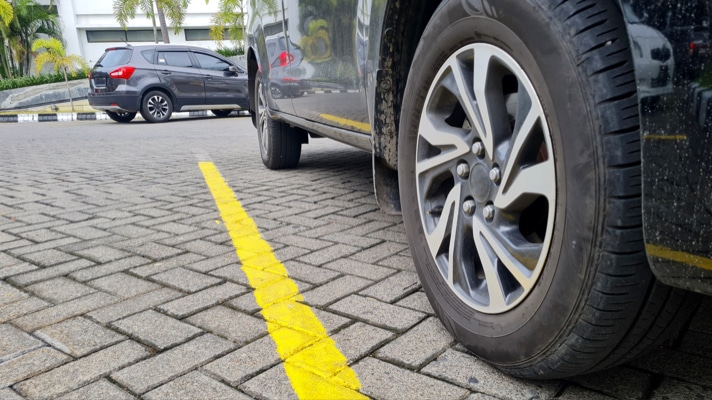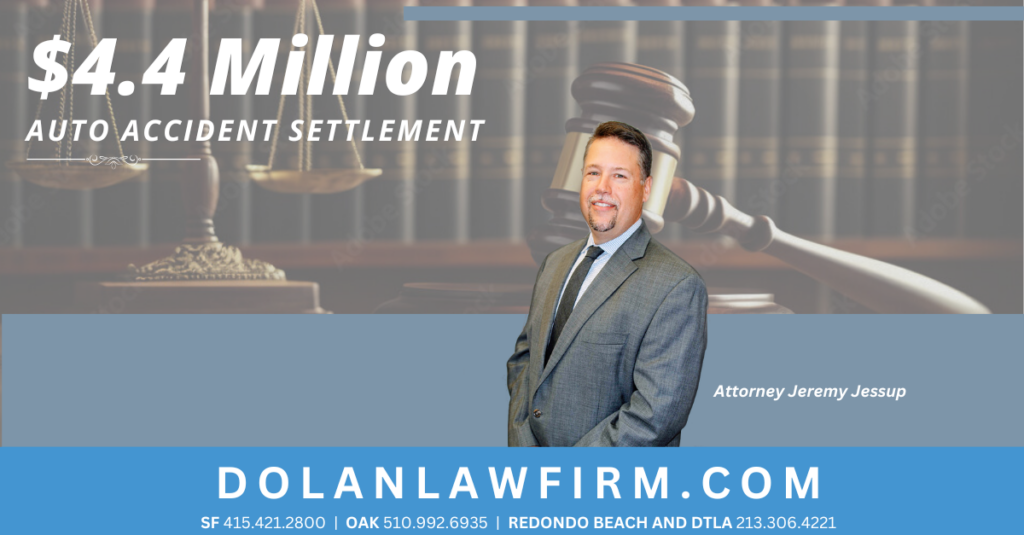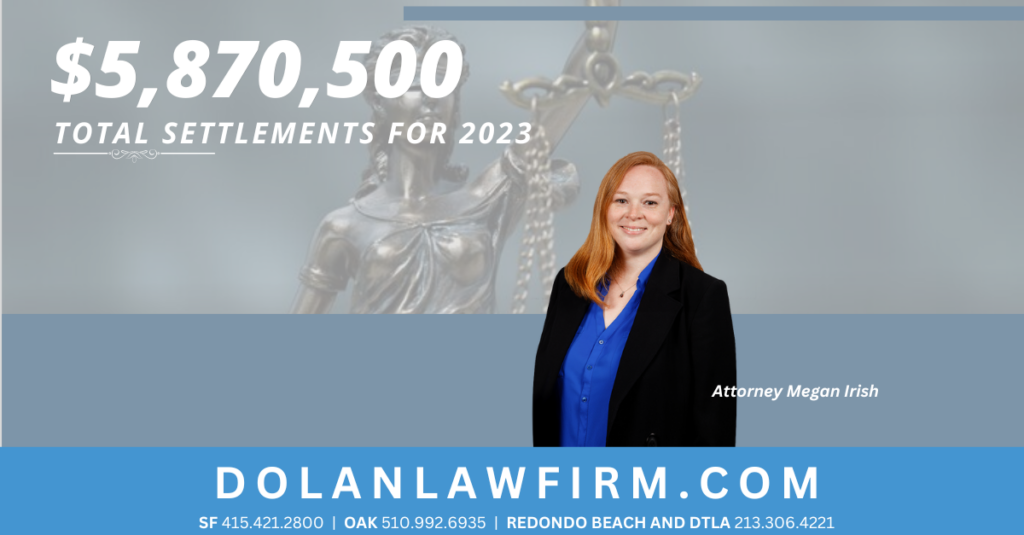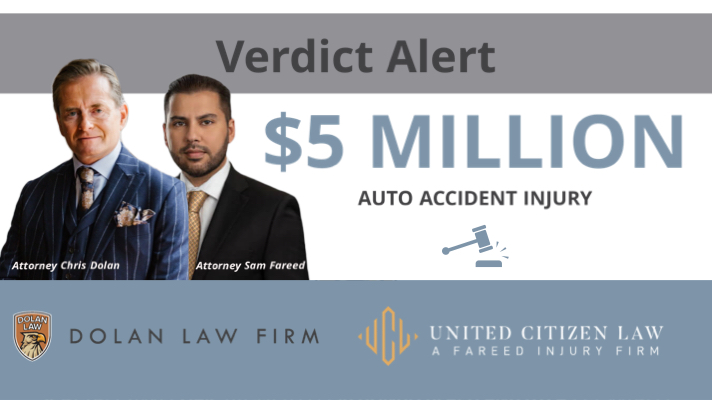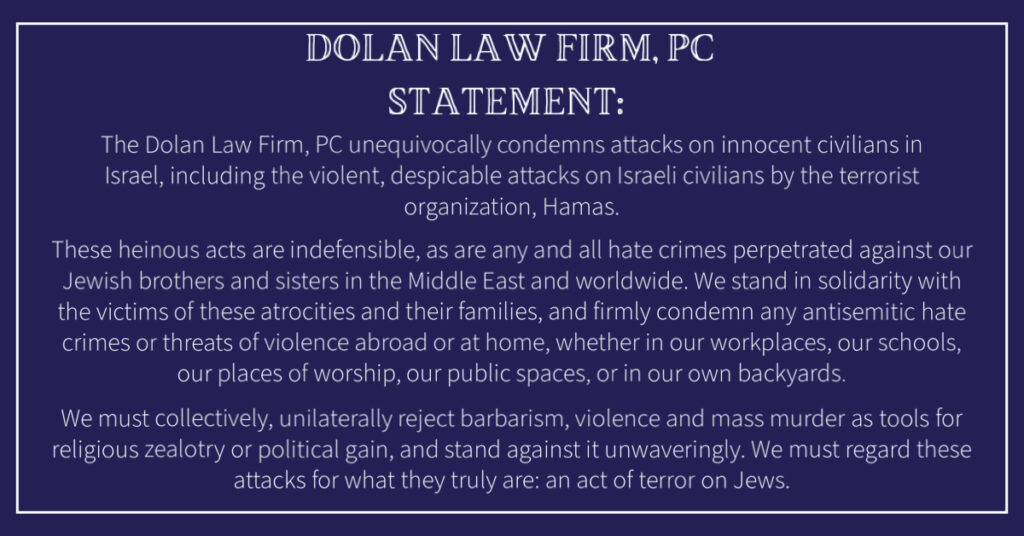BEST PERSONAL INJURY ATTORNEY SAN FRANCISCO BAY AREA
We are thrilled to announce that Dolan Law Firm has been selected as the BEST PERSONAL INJURY ATTORNEY in the Bay Area by SFGate’s Best of Bay Area 2024. This recognition marks a significant milestone, especially as it comes from the first-ever launch of Northern California’s Reader’s Choice contest. This celebration is a testament to …
BEST PERSONAL INJURY ATTORNEY SAN FRANCISCO BAY AREA Read More »

